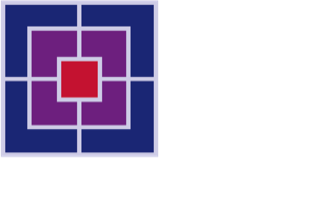New Child Welfare Directors' Development Program
Purpose
For recently promoted or appointed Directors to any public child welfare agency in California or any Director in need of a set of resources, tools, and content that can help them navigate the current realities of running an organization premised on the ever-changing child welfare landscape and subject to unanticipated crises.
Goals
This program intends to build resilience in Child Welfare Directors so they can stabilize agencies and build a workforce that is equipped to engage and assess families, develop successful case plans and transition children to permanent and healthy family-based settings.
This program consists of nine modules encompassing:
eLearning
An overview of the content and provides a transfer of learning knowledge check.
Narrative Content
An overview and description of the topic and source materials that provide more complete information that can be read by the Director.
Learning Activities
Includes reflection questions and suggested exercises for the Director. Most of the exercises will produce results that will be directly useful to the Director’s job.
Coaching and Preparation Activities
These take place at least monthly (which may include two sessions) but may occur more frequently depending on a participant’s learning needs and self-pace of the overall program.
Cohort Development
Cohorts of new Child Welfare Directors will be created on a rolling basis. Participants will have the opportunity to meet monthly during the week of CWDA meetings with the Project Manager and coaches who are available to attend. Participants will have the opportunity to share their experiences, ask questions, and discuss what is working and challenges they may be experiencing. These cohort meetings will provide the participants with the opportunity to build relationships with their peers, expand their professional network and develop a mentoring resource amongst the Child Welfare Directors.
